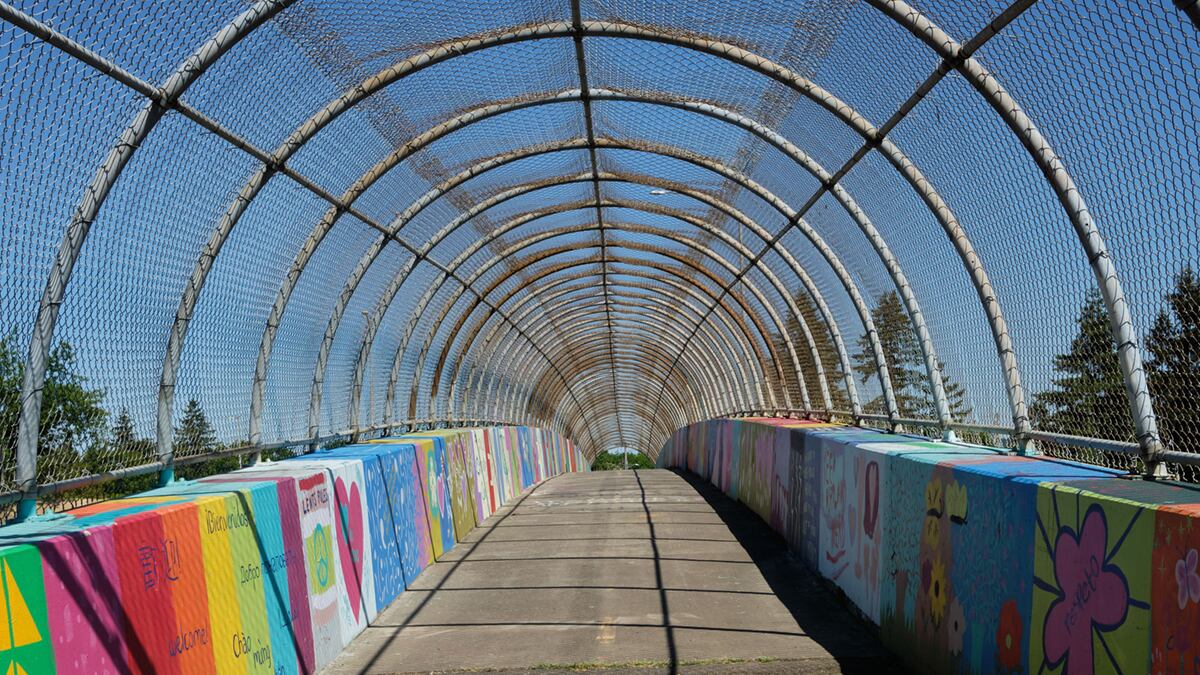Next week marks the one-year anniversary of Portland Street Response’s pilot program. And next month will see what is perhaps an even bigger milestone: The program is slated to expand citywide.
That means Portland Street Response’s team of paramedics and licensed mental health clinicians are no longer restricted to the greater Lents area they were bound to for the duration of the trial run.
“Portland Street Response is an exciting change to our community safety system, and I am proud to have championed its development. After a yearlong pilot, we are gearing up for expansion,” Hardesty tells WW. “This March, PSR will be going citywide and we’re currently interviewing people to fill those positions. My office just submitted our budget request for next year, and if my colleagues vote to approve it, by this summer Portland Street Response will be coming to every corner of the city 24/7. "
The team of unarmed first responders is dispatched in lieu of Portland Police Bureau officers to certain types of calls, including reports of an individual who is intoxicated or experiencing a mental health crisis. But Portland Street Response and PPB are not mutually exclusive; they have the ability to “co-respond” on calls, too, if need be.
For years, Hardesty has pushed for Portland to implement an alternative first-response system for mental health crisis calls that’s akin to Eugene’s nationally renowned Crisis Assistance Helping Out on the Streets program. But after launching last February, Portland Street Response got off to a rocky start.
In May, Mayor Ted Wheeler and Commissioners Mingus Mapps and Dan Ryan voted against a citywide expansion, citing a need for more data. Those “no” votes drew sharp criticism from community members because, less than a month prior, a PPB officer shot and killed Robert Delgado in Lents Park—located squarely within the geographic bounds of the pilot program.
Delgado’s death heightened community demands for a citywide expansion of Portland Street Response: Both Portland police and the city’s emergency dispatchers failed to flag the call as mental health-related. And even if they had, Portland Street Response’s shift did not begin for another half-hour after the shooting occurred—a schedule that was restricted in part by budget limitations.
In November, however, the City Council voted unanimously to approve a citywide expansion. And preliminary data shows the program can divert 5% of calls away from Portland police, who are understaffed and struggling to respond quickly.
“We’ve learned so much during this past year,” Hardesty says, " and the community’s investment in [Portland Street Response’s] success has been a highlight of my time in office.”
See all 25 Reasons to Love Portland here!
